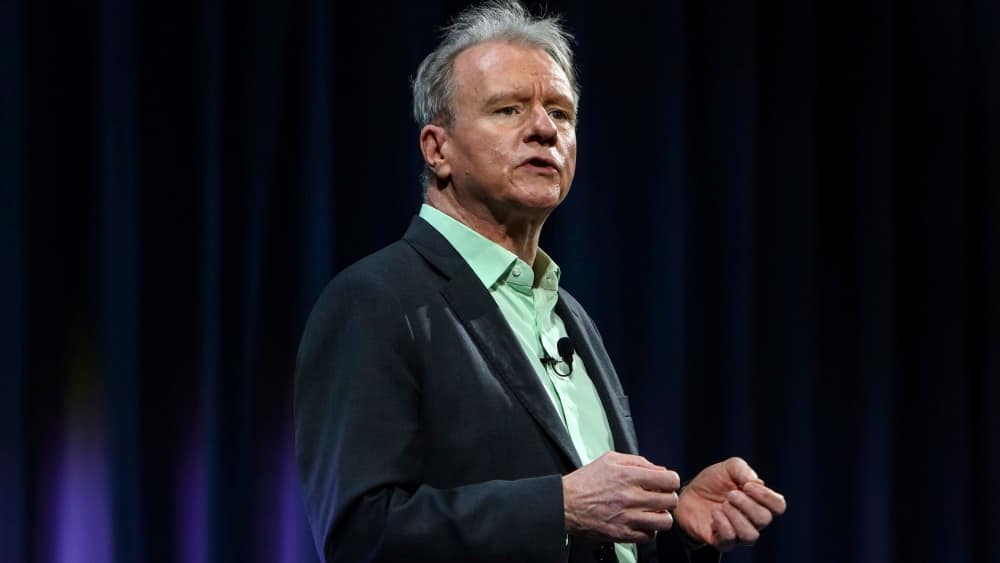The wave of layoffs in the gaming industry continues: Sony announced on Tuesday that it is laying off 900 PlayStation employees – eight percent of its global workforce. One site is closing down completely
Just six days ago, employees at the PlayStation site in London posed for a photo with Sony Interactive boss Jim Ryan and said goodbye on social networks. Not from their jobs, however, but from the CEO, who is leaving the company in March to retire. On February 22, the employees were probably unaware that they too had no future with the console manufacturer.
The redundancies became public yesterday, Tuesday, and Ryan made a statement on the Sony Interactive website – presumably one of his last official acts. A total of 900 employees will be made redundant, which corresponds to eight percent of the global workforce. This includes the entire London studio. Ryan speaks of a “difficult day for our company” and an “extremely tough decision”.
Naughty Dog & Co.: Hit studios also affected
The reason given is the “rapidly changing” gaming industry. “We need to prepare for the future in order to equip the company,” says Ryan. “We need to meet the expectations of developers and gamers and drive technology forward. That’s why we’re taking a step back to ensure we can continue to deliver the best gaming experiences for the community.”
While the London studio is closing, the Americas, Japan and Asia Pacific are not immune to layoffs. Hermen Hurst, Head of PlayStation Studios, confirmed that Insomniac Games, Naughty Dog and Guerilla Games are affected. Two weeks ago, Sony announced that it would miss its sales target of 25 million consoles in the 2023 fiscal year – the new estimate is 21 million.
The 900 job cuts are just the latest outgrowth of a major wave of redundancies within the gaming industry. At Sony competitor Microsoft, it was announced at the end of January that 1,900 jobs would be cut worldwide. A few days earlier, Riot Games had announced that it was laying off 530 employees.
Contrary to what Sony Interactive’s CEO claims, in many cases this is not a case of “setting up for the future”, but of “poor management”: various companies had simply hired too many people too quickly over the past few years.

